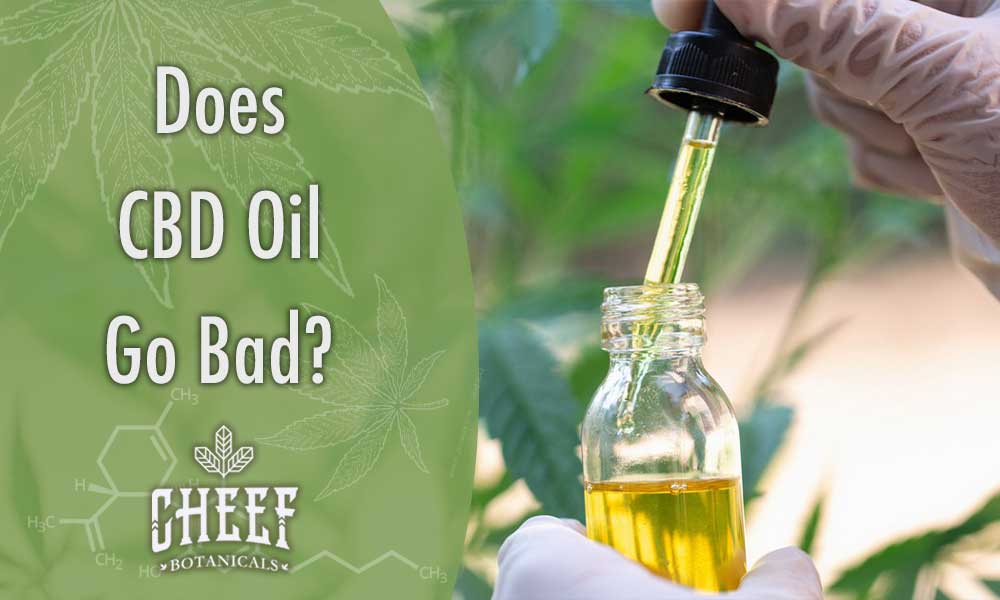A typical blood work test will help doctors check for certain diseases, conditions, and also drug use. Blood tests require medically trained staff and special equipment, making it high in cost.
CBD oil poses no threat of messing up a blood work test that checks for diseases or other ailments. Now that that's clear, let's focus on how CBD oil might affect a blood drug test.
Blood work is one of the more expensive and intrusive methods of testing for drugs. Because of cost and invasiveness, it’s not the most common way to test for drug use. However, it is one of the most accurate drug tests around.
A medical professional will draw blood from a vein and test it for any potential drug use. Positive results are undeniable due to the accuracy of this test. If contamination is present, blood tests will also be able to detect that instantly.
The most commonly used blood drug tests check for THC, Opiates, PCP, Cocaine, and Amphetamines. With this said, there is no drug test or blood work that specifically checks for CBD since it's not a controlled substance and has
no psychoactive effects.
The results of blood work can take up to a week, compared to other drug tests that present same-day results. Blood tests are excellent for catching even the slightest traces of drugs but are not the most economical choice for most.

Does CBD Oil Actually Have an Effect on Blood Work?
Like we briefly mentioned, CBD oil will not have any effect on blood work for drug tests since there is no test for it. However, a test might be faintly impacted based on the type of CBD you use. It depends on the quality and composition of the CBD product and how frequently you use it. CBD falls into one of three categories: Full-spectrum, broad-spectrum, and
isolate.
Full-Spectrum CBD and Blood Work
Full-spectrum CBD oil is full of all the plant’s natural phytochemicals, including less than 0.3% THC, which is the main psychoactive ingredient in marijuana. However, full-spectrum CBD is not psychoactive and will not get you high.
If your CBD product contains enough THC, and you use it in high amounts often, then the THC has a slight potential to affect a blood drug test. However, the odds of this amount of THC resulting in a positive drug test are extremely low.
Broad-Spectrum CBD and Blood Work
Broad-spectrum CBD is similar to full-spectrum, but it goes through a more extensive process that eliminates THC completely.
However, users can still benefit from it since it contains all the natural compounds of the plant, except THC. Broad-spectrum products should not impact a blood work test.
CBD Isolate and Blood Work
CBD isolate does not have any traces of THC. Isolate has the highest concentration of CBD and is usually 99% pure.
Isolate is incredibly versatile and is the purest form of CBD you can find. CBD isolate should not result in a positive blood work drug test.
All topical CBD products like lotions, salves, and massage oils will not produce a positive drug test since they do not enter the bloodstream. No CBD product will ever get you high since they are all nonpsychoactive. For that reason, most employers are not concerned if you take CBD. There will always be a larger concern around recreational and psychoactive drug use in professional environments.
Unless there's a test that specifically picks up on CBD oil in the bloodstream, you don't have to worry about CBD affecting your blood work.

How Long Does CBD Oil Stay in Your System?
How long CBD stays in your system depends on how you take it and how much. You can use CBD in a variety of ways, including inhalation, ingestion, topically, and sublingually.
CBD can stay in your system anywhere between two days to one week, depending on how long it took to travel through your blood and body.
In some less common cases, CBD can stay in a person’s system for weeks. It's important to note that the amount of time CBD stays in your system won't affect your blood work.
Methods of CBD Use and Your System
When you smoke CBD it enters the lungs and bloodstream almost immediately. It also exits your system much faster than other methods.
It's most common to take CBD oil sublingually, which is when you place a few drops of the oil under your tongue. In this method, the body absorbs CBD oil as it goes from the stomach to the liver, and eventually and directly into the blood system.
Sublingual effects will take some time to become present, but they will remain in your system longer. Because of how long it takes to spread in the body, CBD oil typically stays in the body for about one week.
Not feeling the effects of your CBD oil? Read this next to find out why: Is My CBD Oil Not Working?
It's important to remember that certain substances will affect people differently. Things like body mass index, metabolism, and hydration levels all play a part in how long CBD stays in your body.
The more CBD you use, the greater the chances are of it staying in your system longer. Similarly, if you are a regular CBD user, this can also determine how long it stays in your body. CBD can build up over time with frequent use.
If the CBD oil you take has enough trace amounts of THC there is a
minor possibility of the THC affecting your blood work. But again, you shouldn't be too concerned about a CBD oil product affecting a drug test since the chance of that happening is rare.
Yet, if you are more on the paranoid side you can still get all the wonderful benefits of CBD without using a full-spectrum product.

How Often Should You Take CBD Oil?
Before deciding how often you should take CBD oil, it’s best to do your research on what you want to achieve and the type of products that will help you get there. Although overdosing on CBD is basically impossible, following the recommended dosage guidelines on each product you use is essential for optimal results.
If you’re new to CBD, it’s best to start slow and work your way up. Begin with the recommended dose from the product of your choice. If you don't feel like it's working, gradually increase the amount you take until you find your optimal dose. This will help you get the most out of CBD and learn what works best for you.
Related article: What Is the Best Time of Day to Take CBD Oil?
Final Thoughts on CBD Oil and Blood Work
It’s hard to pinpoint exactly how long CBD will stay in your system since there are several variables at play. Although uncommon, higher doses of full-spectrum CBD oil taken regularly has a slight chance of affecting a blood work test.
In case it wasn't clear, there is no drug test that checks for CBD. Although incredibly rare, the only thing that can impact blood work is the THC in a full-spectrum CBD product.
CBD has countless benefits and is, by no means, a controlled substance. CBD does not have any psychoactive properties that impair work or daily routines. If you’re still concerned about cannabidiol products, like CBD flower affecting a blood drug test, you can still benefit from CBD through broad-spectrum CBD oil and isolate products. Find more here!

Author Bio
Joseph Farber
Writer
Joseph breaks down complex topics into quick, trustworthy guides you can act on.






 CBD Gummies - Top Seller
CBD Gummies - Top Seller
 CBD + THC Gummy - Excellent Choice
CBD + THC Gummy - Excellent Choice
 CBD Hemp Flower - Highly Rated
CBD Hemp Flower - Highly Rated
 Full Spectrum CBD Oil - Good Value
Full Spectrum CBD Oil - Good Value



Leave a comment
This site is protected by hCaptcha and the hCaptcha Privacy Policy and Terms of Service apply.